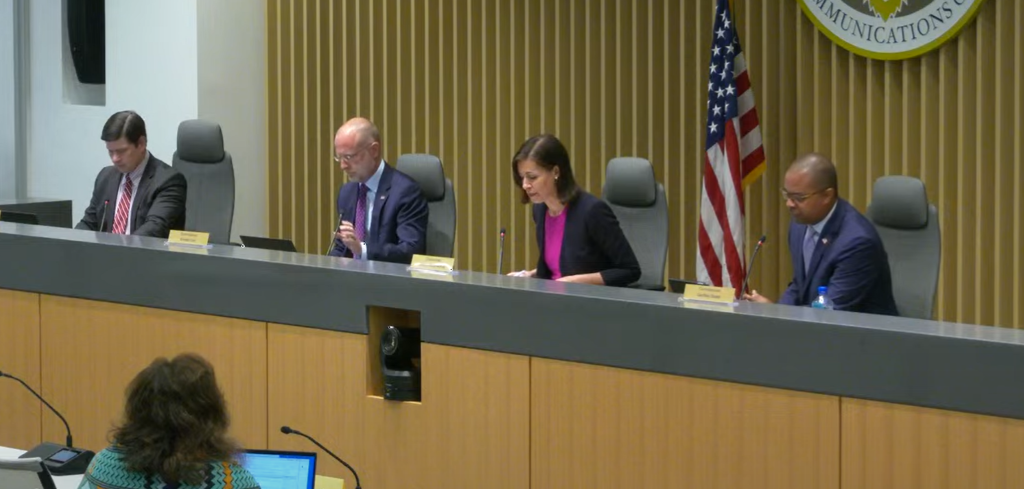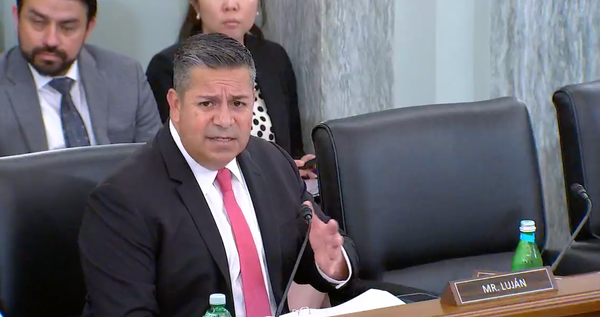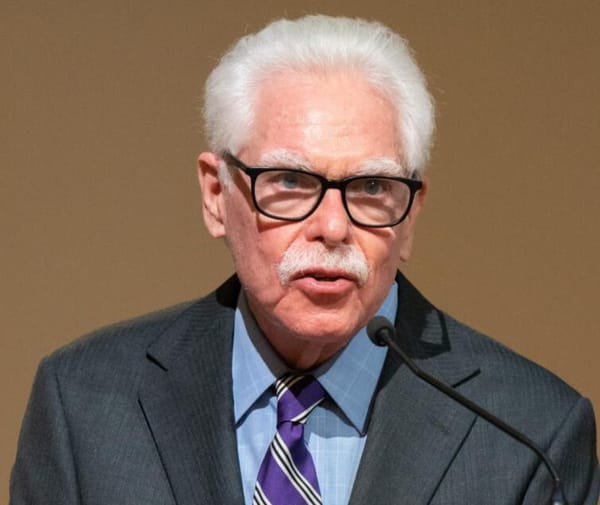FCC Votes Forward 42 GHz Spectrum Sharing Model Proposal to Broaden Use
Proposed rules will consider how the band might be made available through non-exclusive spectrum access models.

WASHINGTON, June 8, 2023 – The Federal Communications Commission voted unanimously at its June open meeting to issue a notice of proposed rulemaking that explores how the 42 – 42.5 GHz spectrum band might be made available on a shared basis.
The FCC will consider how the band might be made available through one of several non-exclusive spectrum access models that would have the potential to maximize its use, particularly by smaller providers.
The 42 GHz band has 500 megahertz of greenfield airwaves with no federal or commercial incumbencies, which the FCC seeks to use with non-exclusive access models. This could entail using technology-based sensing to help operators mitigate interference by detecting and avoiding one another, non-exclusive licenses that leverage a database to facilitate co-existence, or site-based licensing.
“In the United States, we have already auctioned nearly five gigahertz of this spectrum for traditional exclusive use. I believe now it’s time for something new,” said Chairwoman Jessica Rosenworcel in her statements.
The notice further seeks comment on whether the approaches in the 42 GHz band could be used in other spectrum bands, like the lower 37 GHz band.
Comments regarding the action are due July 8.
“Our goal here is to come up with a new model to lower barriers, encourage competition and maximize the opportunities in millimeter wave spectrum,” said Rosenworcel, urging for more creativity in sharing models.
The FCC’s spectrum auction authority expired in March for the first time in its history.
The FCC also voted to issue proposed rules that would advance the transition to next generation 911, which supports new 911 capabilities including text, video and data sharing.
The ruling would require that originating wireline, interconnected voice over internet protocol, and internet-based telecommunications relay service providers format 911 calls to be compatible with NG911 in IP-based format.
For providers to implement these regulations, the ruling proposed a timeline of six months from the date it is adopted. Rosenworcel said this would “expedite and inform public safety efforts and dramatically improve emergency response.”
The commission also voted forward proposed rules that would enhance the accessibility of interoperable video conferencing services by requiring video conferencing platforms to comply with the accessibility requirements under the Communications Act. That includes improving speech-to-text captioning, text-to-speech capabilities, sign language interpreters, and other accessibility tools.









